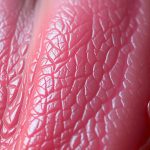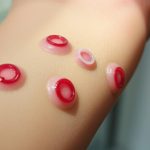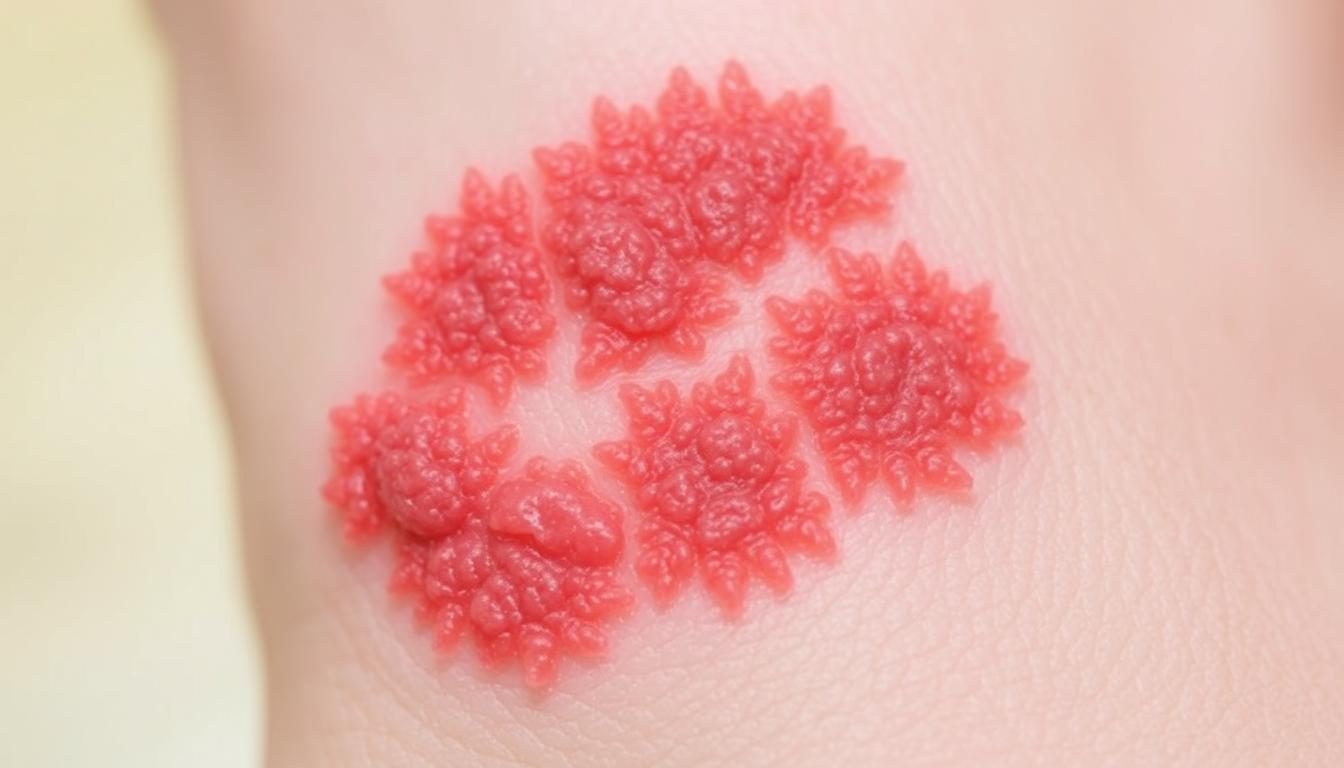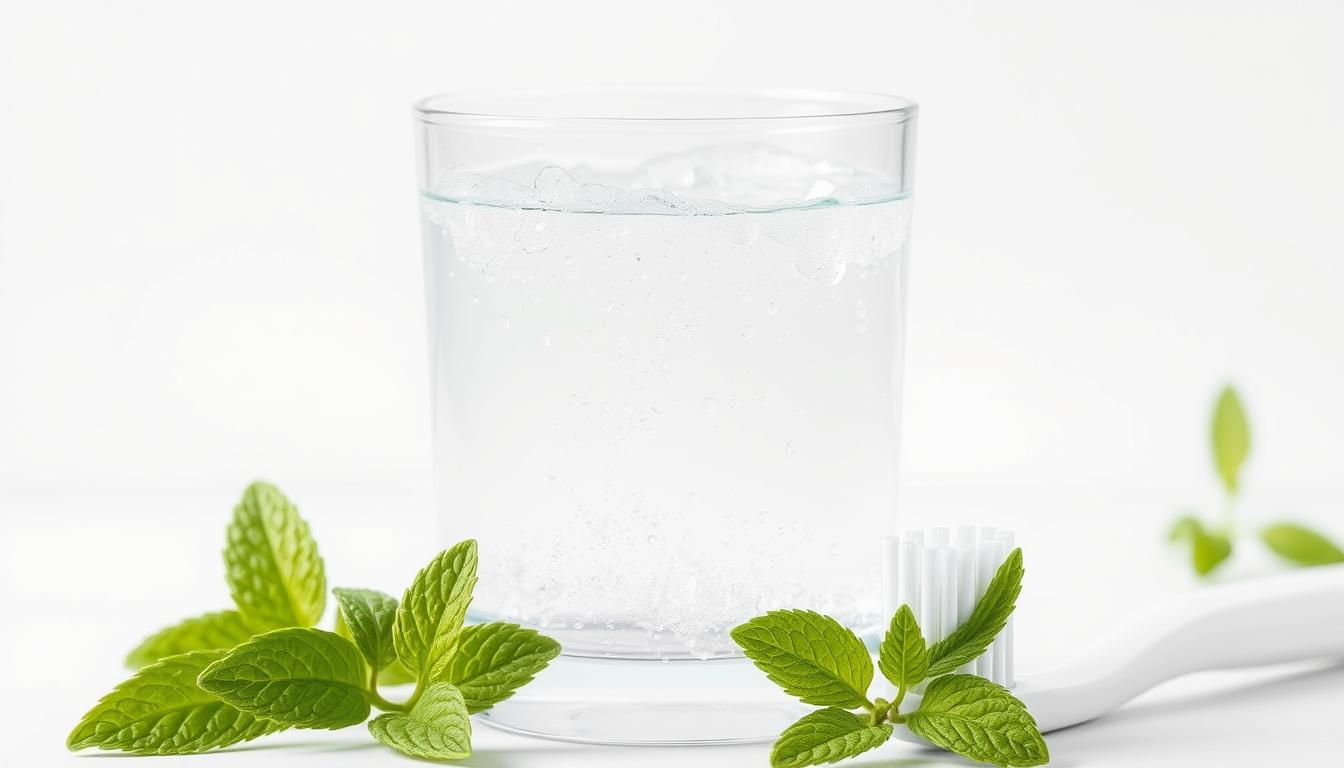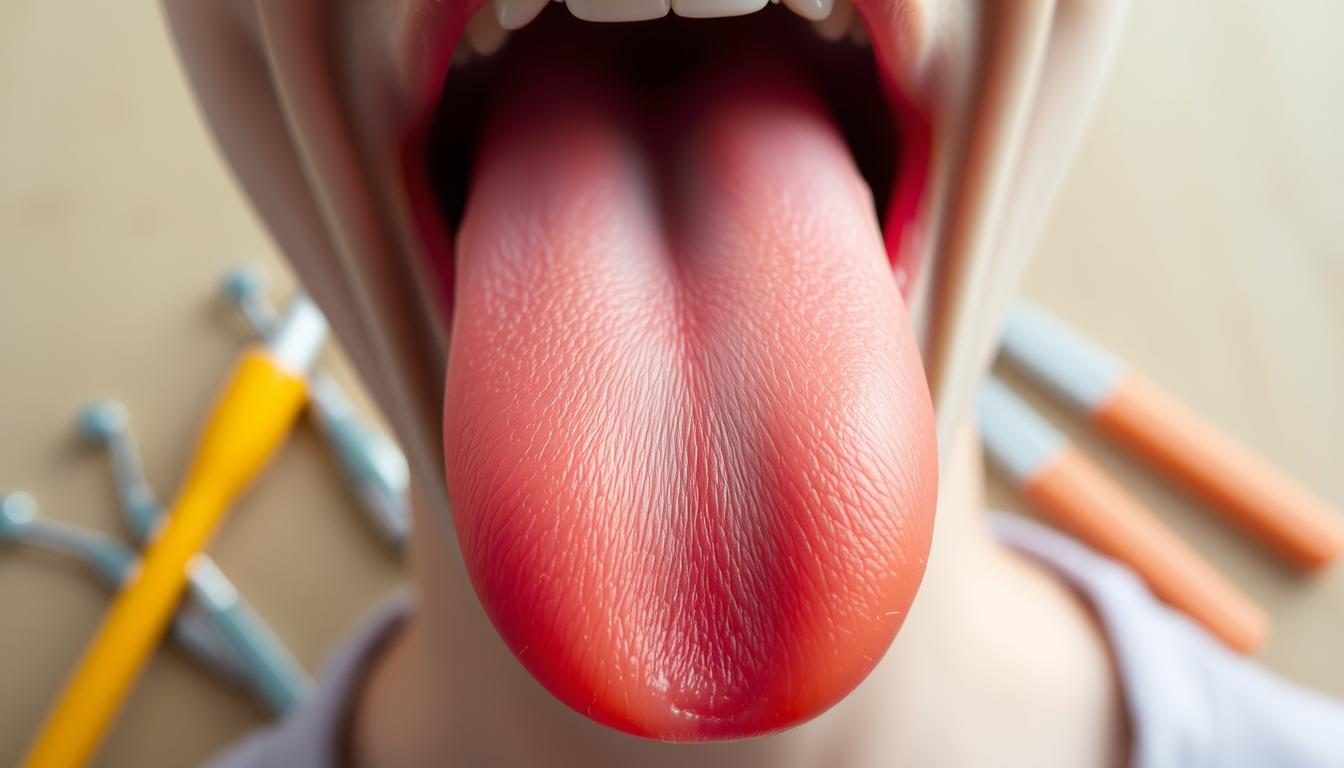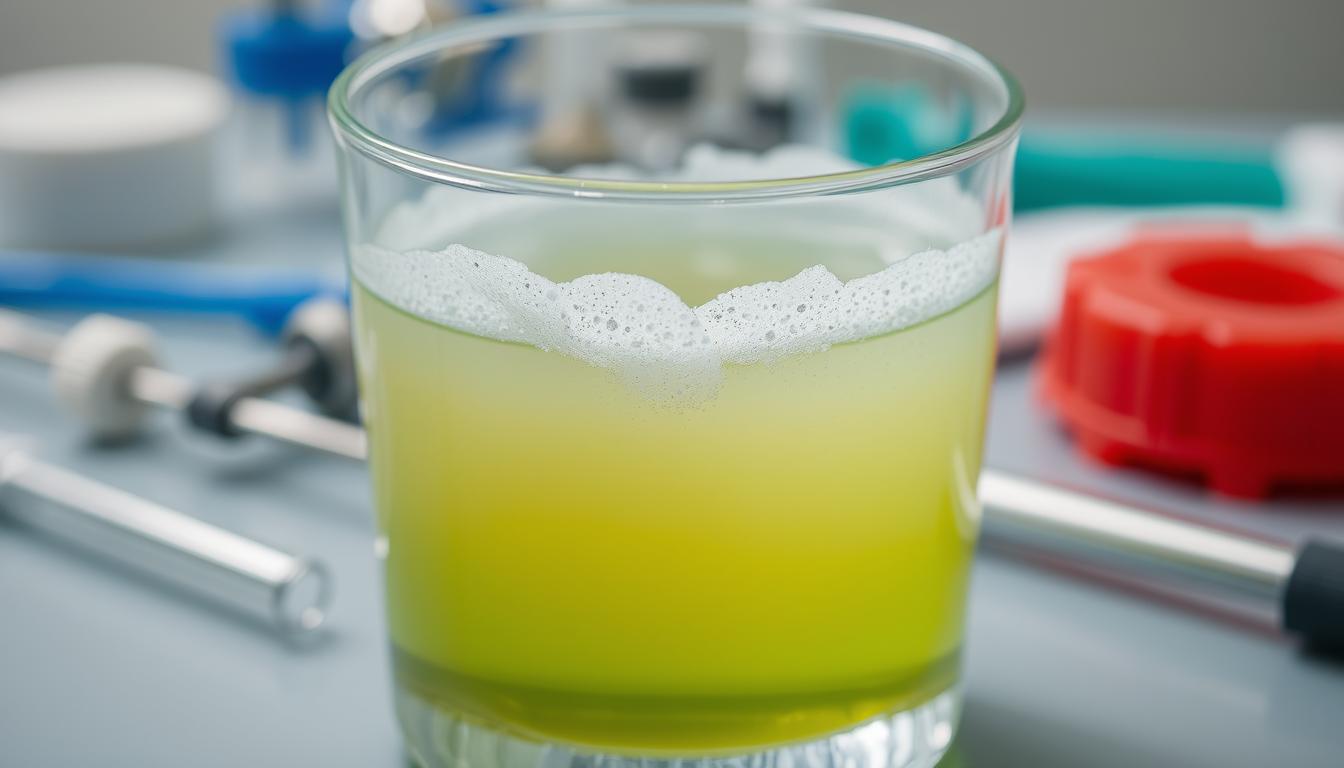As we dive into the world of jock itch, we’ll explore the distinctive odor associated with this common fungal infection. Whether you’re dealing with a persistent groin rash, tinea cruris, or simply a nagging skin irritation, understanding the causes and characteristics of the jock itch smell can be the key to finding lasting relief. In this comprehensive guide, we’ll provide you with practical advice and effective solutions to combat both the infection and its accompanying unpleasant odor.
Our goal is to equip you with the knowledge and tools necessary to manage this often embarrassing condition with confidence. From identifying the underlying causes of the distinctive jock itch smell to exploring medical treatments and natural remedies, we’ll cover all the bases to help you regain control of your personal hygiene and overall well-being.
Understanding Jock Itch Smell and Its Common Characteristics
When it comes to the unpleasant fungal infection known as jock itch, the distinctive odor is often one of the most noticeable symptoms. This musty or yeast-like smell can be a clear indicator of the condition, alerting individuals to seek prompt medical attention.
What Causes the Distinctive Odor
The root cause of the jock itch smell lies in the growth of the fungus Trichophyton, which thrives in warm, moist environments like the groin area. As the fungus multiplies, it produces volatile organic compounds that emit the characteristic musty or yeast-like aroma.
Identifying Normal vs Abnormal Smells
It’s important to note that a slight perspiration odor in the groin area is normal and not necessarily indicative of jock itch. However, if the smell becomes particularly pungent, accompanied by skin irritation, redness, or scaling, it may be a sign of a fungal infection that requires medical attention.
Associated Symptoms to Watch For
- Persistent, itchy rash in the groin area
- Redness and inflammation of the skin
- Scaling or flaking of the affected skin
- Discomfort or pain in the affected area
If you experience any of these symptoms, in addition to the distinctive jock itch odor, it’s crucial to consult a healthcare professional for proper diagnosis and treatment. Addressing the issue promptly can help prevent the infection from worsening and spreading to other areas.
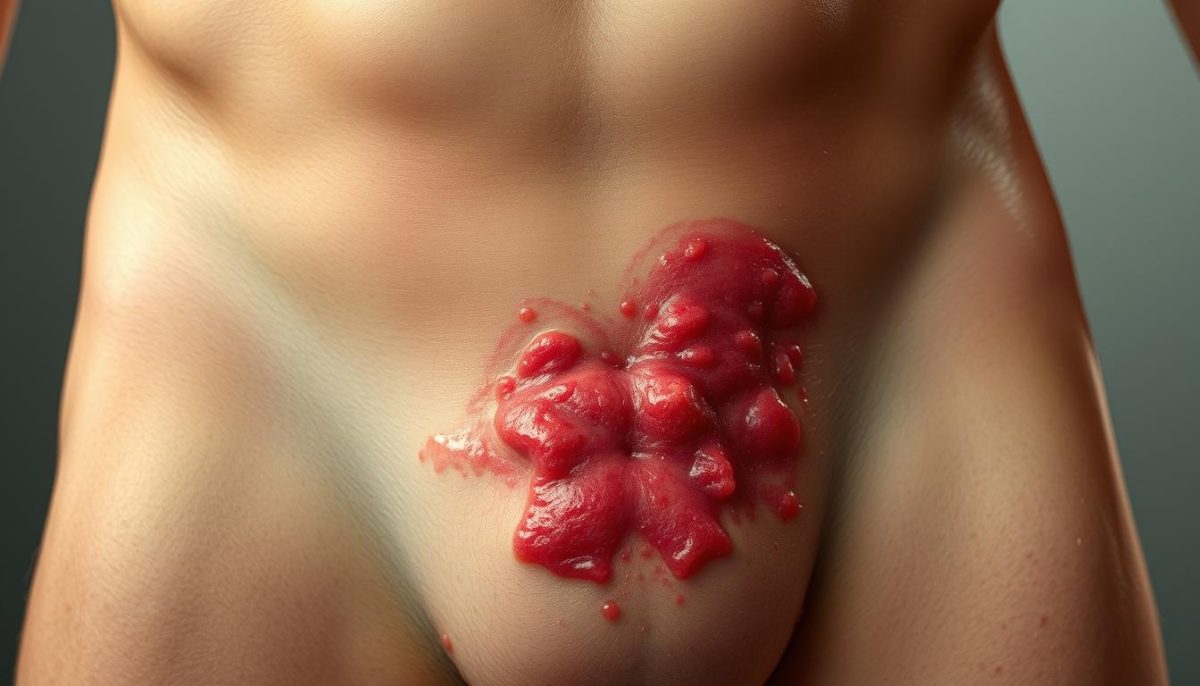
Medical Causes Behind Fungal Growth and Odor Development
When it comes to the distinctive odor associated with jock itch, the root cause lies in the growth of dermatophytes – a specific group of fungi that thrive in warm, moist environments. These opportunistic fungi take advantage of the perfect breeding ground found in the groin area, leading to the development of a strong, unpleasant smell.
The human immune system plays a crucial role in preventing fungal infections like jock itch. However, factors such as diabetes and obesity can weaken the body’s natural defenses, increasing susceptibility to these fungal overgrowths. Individuals with compromised immune systems or underlying health conditions are more prone to experiencing the telltale odor of jock itch.
Understanding the medical causes behind the fungal growth and odor development is essential for effectively treating and preventing this common condition. By addressing the root factors that contribute to the problem, we can tackle the issue at its source and find long-lasting solutions.
The Role of Dermatophytes
Dermatophytes are a group of fungi that are the primary culprits behind jock itch and its associated odor. These microorganisms thrive in warm, moist environments, making the groin area an ideal breeding ground. As the fungus multiplies, it produces a distinct, unpleasant smell that can be difficult to manage.
Weakened Immune System and Risk Factors
- The human immune system plays a crucial role in fighting off fungal infections, but conditions like diabetes and obesity can weaken the body’s natural defenses.
- Individuals with compromised immune systems or underlying health issues are more susceptible to developing jock itch and the accompanying odor.
- Factors such as poor hygiene, excessive sweating, and prolonged exposure to warm, moist environments can also contribute to the problem.
| Risk Factor | Impact on Jock Itch and Odor |
|---|---|
| Diabetes | Weakens the immune system, making it harder for the body to fight off fungal infections. |
| Obesity | Creates a warm, moist environment in the groin area that is ideal for fungal growth. |
| Poor Hygiene | Allows for the buildup of sweat, bacteria, and fungi, leading to the development of odor. |
By understanding the medical causes behind the fungal growth and odor development associated with jock itch, we can better address the issue and find effective solutions for managing this common condition.
“Addressing the root causes of jock itch is crucial for effectively treating the condition and preventing the unpleasant odor from recurring.”
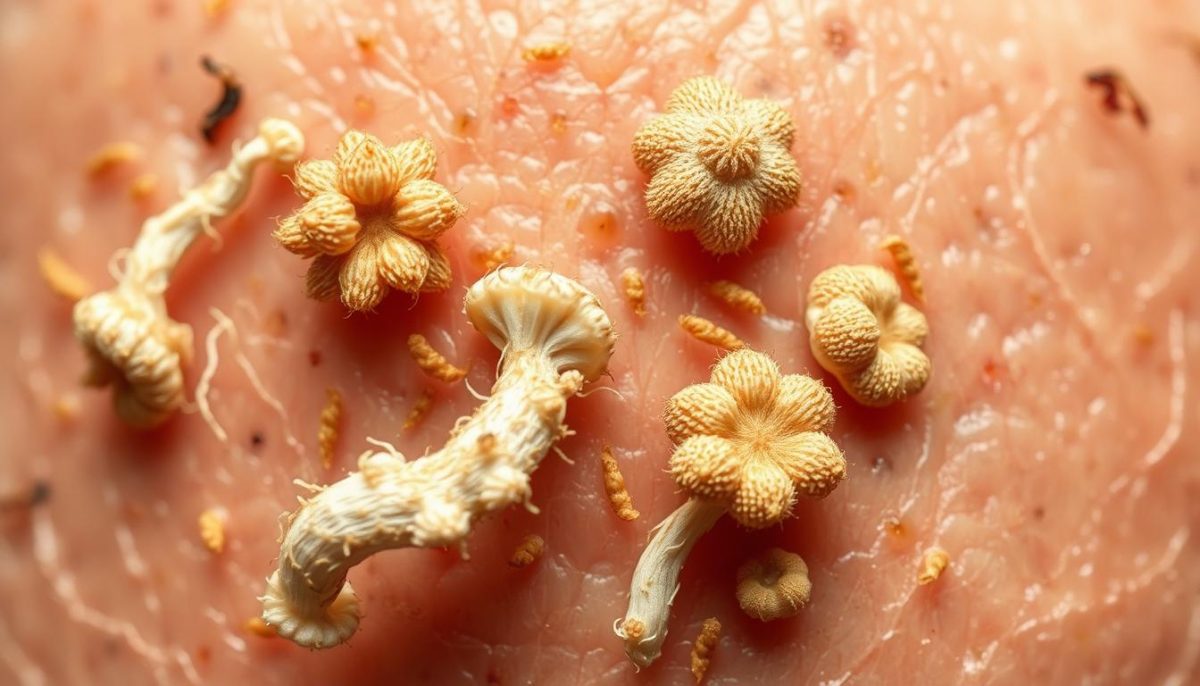
Effective Solutions to Eliminate Jock Itch Smell
When it comes to tackling the unpleasant odor associated with jock itch, we have a range of effective solutions at our disposal. Maintaining proper personal hygiene is crucial, and this includes regularly washing the affected area with antifungal soap and warm water. Additionally, wearing moisture-wicking fabrics can help prevent the buildup of sweat and moisture, which can contribute to the growth of the fungus responsible for jock itch.
Personal Hygiene Best Practices
Proper washing techniques are essential for managing jock itch and its accompanying smell. We recommend gently cleaning the affected area twice a day with an antifungal soap, ensuring to thoroughly rinse the skin. Avoid scrubbing too vigorously, as this can further irritate the skin. After washing, make sure to thoroughly dry the area, as moisture can promote the proliferation of the fungus.
Medical Treatments and Antifungal Options
In addition to personal hygiene, various medical treatments and antifungal options are available to combat the underlying fungal infection and eliminate the associated odor. Over-the-counter antifungal creams containing active ingredients like clotrimazole or miconazole can be effectively used to treat the infection. For more severe cases, healthcare professionals may prescribe oral antifungal medications, such as fluconazole or terbinafine, to address the problem from the inside out.
Natural Remedies That Really Work
Alongside medical interventions, we can also explore natural remedies that have shown promise in combating jock itch and its odor. One such option is tea tree oil, which possesses potent antifungal properties. Applying a diluted solution of tea tree oil to the affected area can help inhibit the growth of the fungus and alleviate the associated smell. Additionally, maintaining good hygiene and keeping the area dry and well-ventilated can contribute to the effectiveness of natural remedies.


